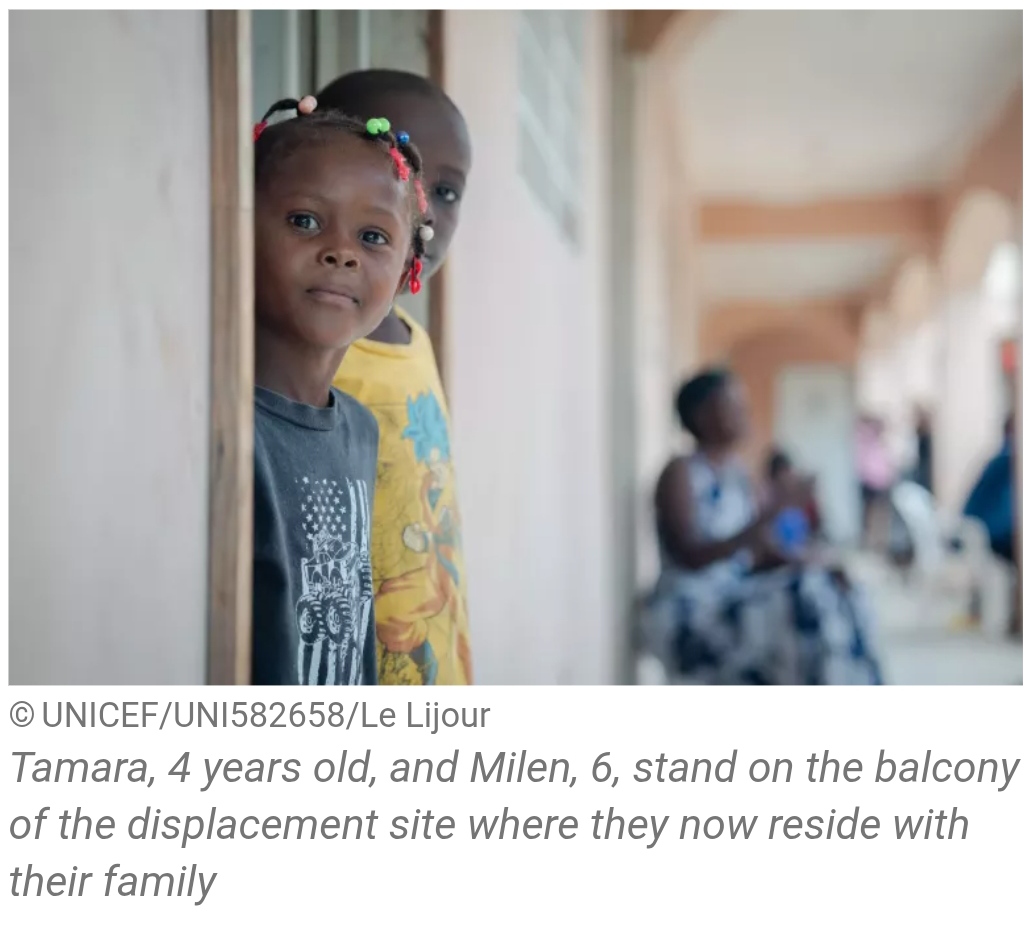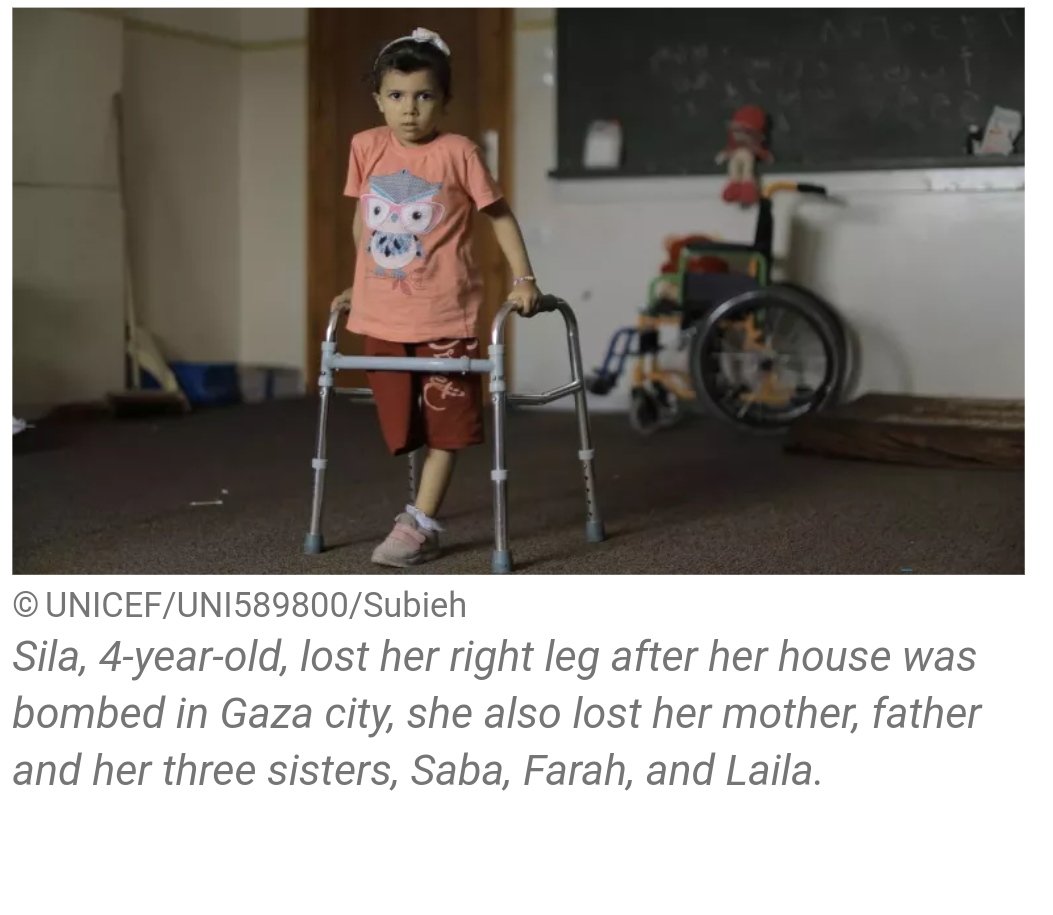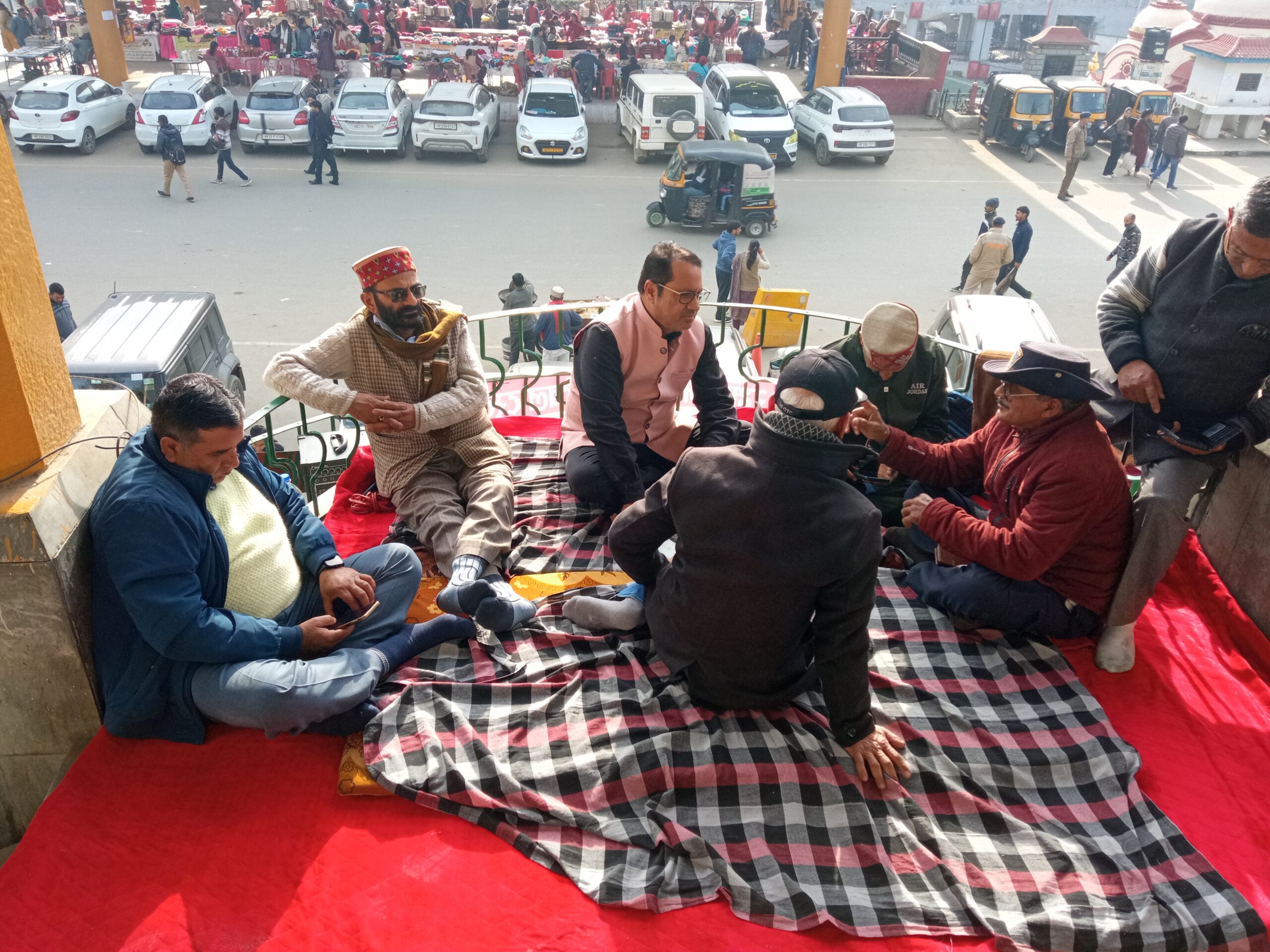Violence in Haiti Displaces Over 1 Million, Leaving Thousands of Children Vulnerable to Exploitation and Abuse.
New York:
The humanitarian crisis in Haiti has reached alarming levels, with the number of internally displaced children soaring by nearly 50 percent since September. Currently, one in eight children in Haiti is displaced, a result of ongoing violence fueled by armed groups across the nation.
According to recent estimates, over one million people are now displaced in Haiti, with more than half of them being children who urgently require humanitarian assistance. The latest surge in violence and displacement has been driven by political instability, extreme poverty, and the rise of armed groups that have taken control of several regions.
“This is a horrific time to be a child in Haiti, with violence upending lives and forcing more children and families from their homes,” said UNICEF Executive Director Catherine Russell. “Children desperately need safety, protection, and access to essential services. We cannot look away.”
The recruitment of children by armed groups has escalated, with UNICEF reporting a 70 percent increase in child recruitment over the past year. Shockingly, it is estimated that as much as 50 percent of the armed group members are children, which constitutes a grave violation of international law and children’s rights.
Displaced children face immediate and severe risks, including exposure to sexual violence, exploitation, and abuse. In the past year, cases of such violence have surged by a staggering 1,000 percent. Access to basic services such as education, healthcare, clean water, and sanitation has been severely disrupted, leading to a rapid deterioration in the living conditions of children. Malnutrition is becoming rampant, and disease outbreaks, particularly cholera, have placed additional strain on the already vulnerable population. Nearly 6,000 people are currently living in famine-like conditions, and unsanitary conditions in displacement camps increase the likelihood of further outbreaks.
The crisis in the capital, Port-au-Prince, is particularly dire, with over 1.2 million children facing heightened danger in the metropolitan area. The situation worsened in December, when violent clashes forced an estimated 40,000 people to relocate within just two weeks. This ongoing instability continues to affect children’s safety, health, and futures.
UNICEF estimates that approximately 3 million children in Haiti need immediate humanitarian assistance. In light of this escalating crisis, UNICEF has called on all parties involved to cease violence and end the use of children by armed groups. UNICEF also urges unrestricted access for humanitarian workers to reach the displaced populations in desperate need of aid.
“Children in Haiti are bearing the brunt of a crisis they did not create,” Russell emphasized. “They rely on the Haitian Government and the international community to take urgent action to protect their lives and safeguard their futures.”
As the humanitarian situation continues to deteriorate, UNICEF is working relentlessly to provide life-saving aid to children and families in need, while continuing to advocate for an end to the violence that has devastated the country.



